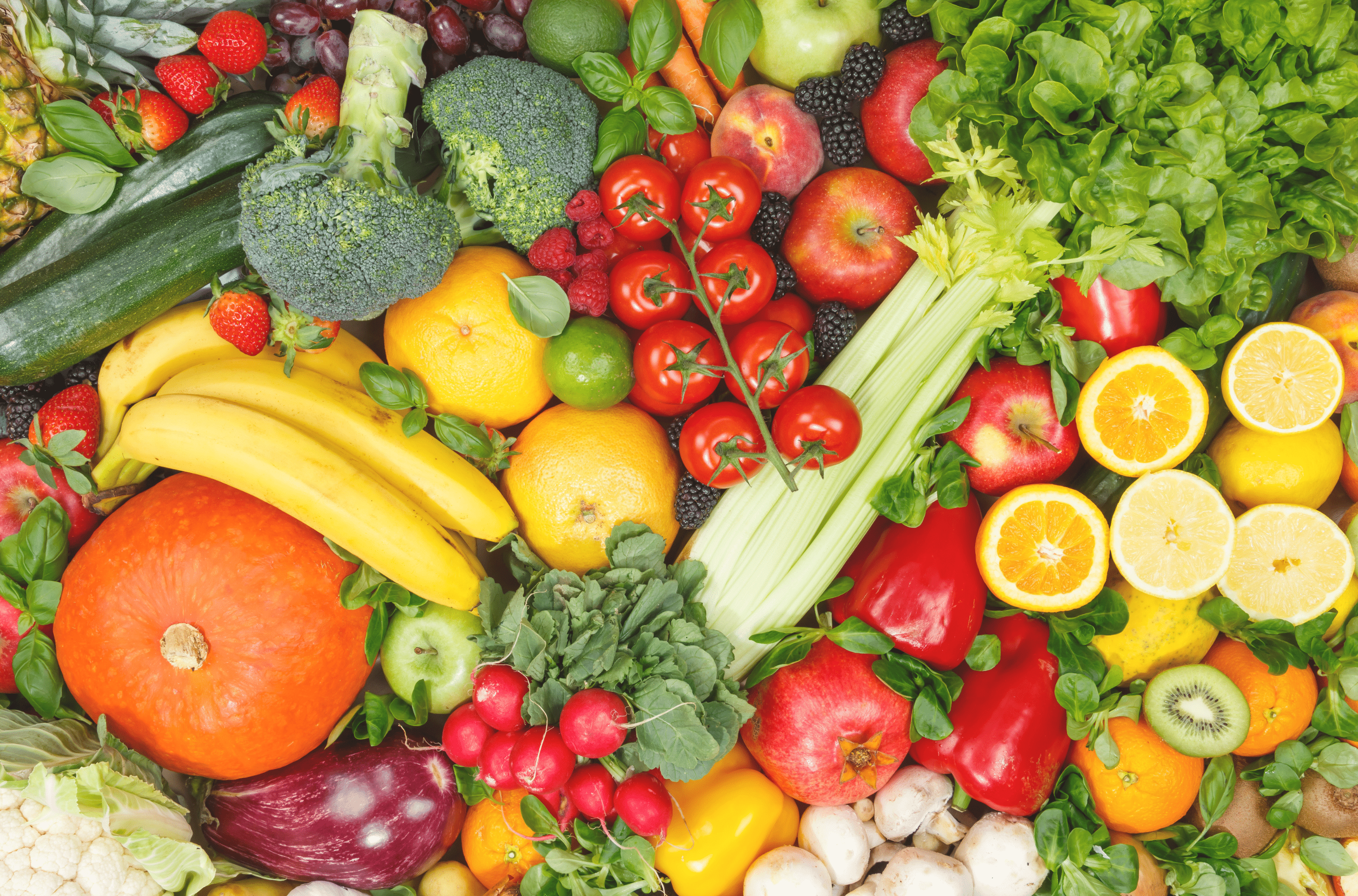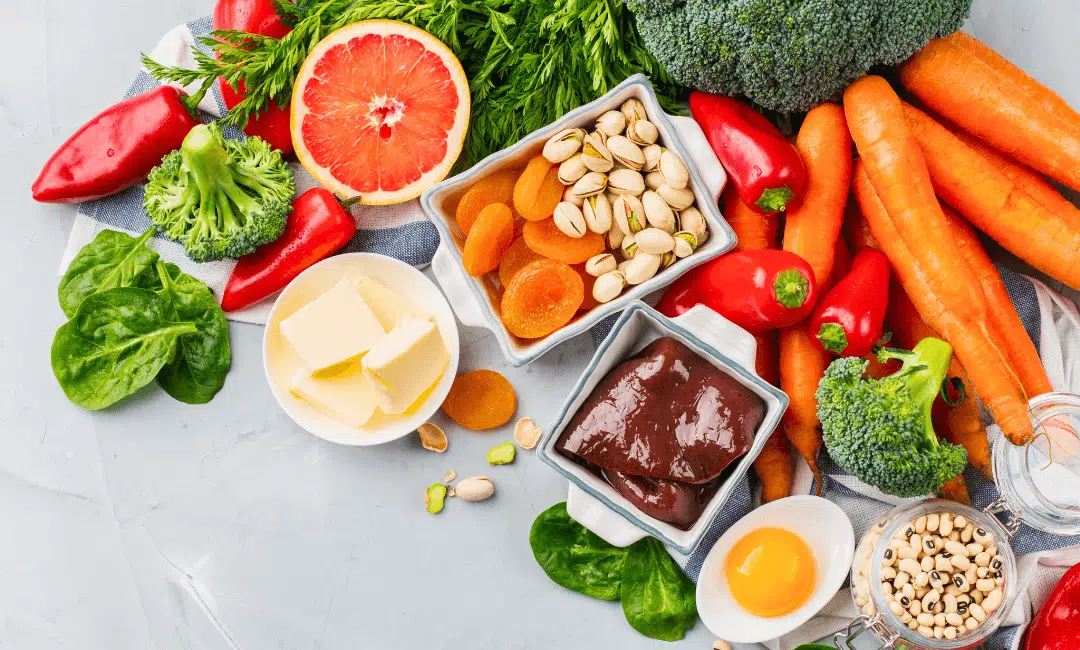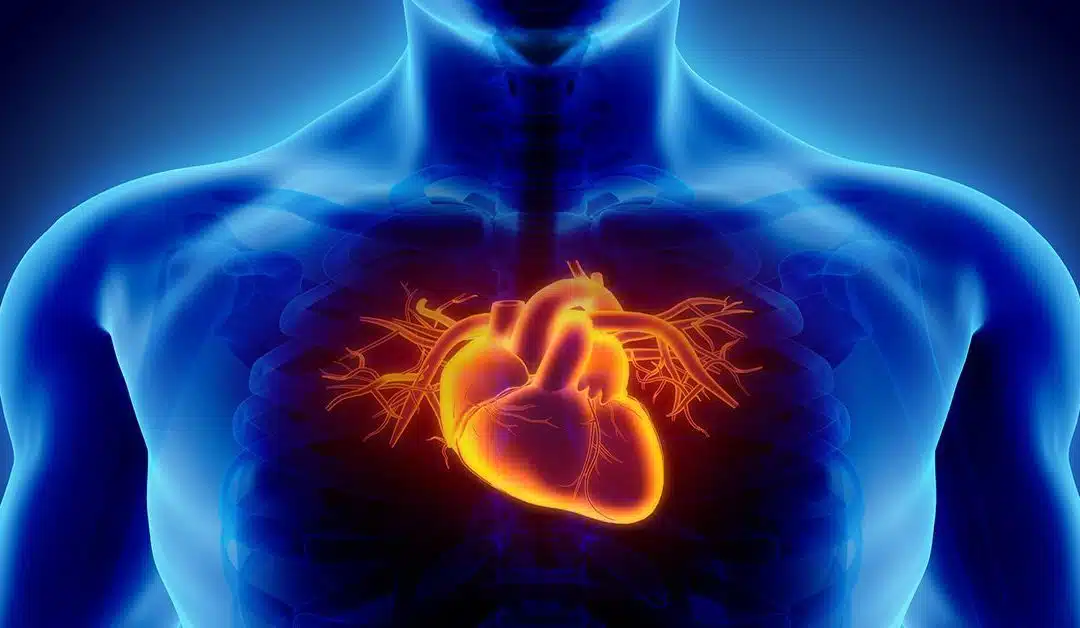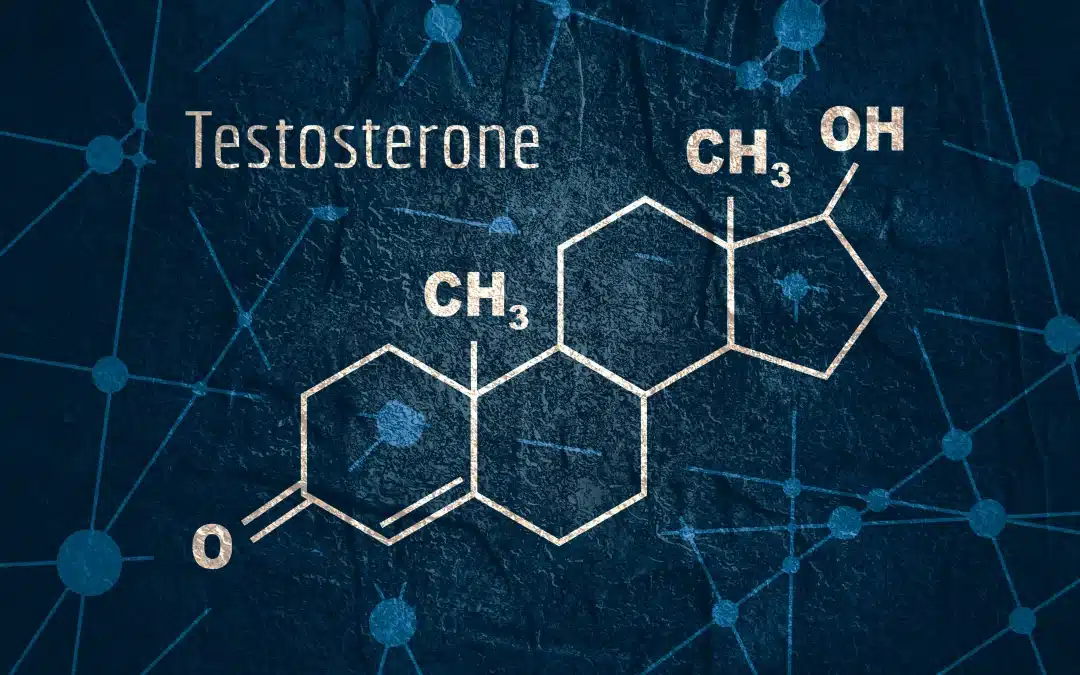Fruits and vegetables are rich sources of dietary fiber, vitamins, minerals, and phytochemicals that nourish the beneficial gut bacteria and promote a thriving microbiome. These plant-based foods provide prebiotics, which serve as fuel for beneficial gut microbes, allowing them to flourish and perform their vital functions.
Consuming a diverse range of fruits and vegetables can introduce a wide array of beneficial bacteria to the gut, contributing to a more diverse and resilient microbiome. This diversity is crucial for maintaining a balanced gut ecosystem and preventing the overgrowth of harmful bacteria.
Cooked Fruits and Vegetables: Pros and Cons for Gut Health
Cooking fruits and vegetables can have both positive and negative effects on their nutritional value and gut health benefits. Let’s explore the pros and cons:
Pros:
- Improved digestibility: The cooking process can soften and break down tough plant fibers, making certain fruits and vegetables easier to digest and absorb, especially for individuals with sensitive digestive systems or conditions like irritable bowel syndrome (IBS).
- Reduced anti-nutrient content: Some fruits and vegetables contain compounds like oxalates, lectins, and phytates, which can interfere with nutrient absorption. Cooking can help reduce the levels of these anti-nutrients.
- Enhanced bioavailability: The heat from cooking can break down plant cell walls and increase the bioavailability of certain antioxidants, such as lycopene in tomatoes and beta-carotene in carrots, making them more readily available for absorption by the body.
- Fat-soluble vitamins: Cooking can enhance the bioavailability of certain fat-soluble vitamins like vitamins A, D, E, and K, as heat can break down plant cell walls and release these nutrients.
Cons:
- Nutrient loss: Cooking can lead to the degradation of heat-sensitive vitamins, such as vitamin C and certain B vitamins, as well as the loss of water-soluble nutrients through leaching.
- Potential formation of harmful compounds: Depending on the cooking method and temperature, certain harmful compounds like acrylamide and heterocyclic amines can form, which may have negative impacts on gut health.
- Alteration of fiber structure: Cooking can alter the structure of dietary fiber, potentially reducing its beneficial effects on gut health and satiety.
- Water-soluble vitamins: Vitamins like vitamin C, folate, and certain B vitamins can be lost through leaching or degradation during cooking, especially with prolonged exposure to heat or water.
It’s important to note that the impact of cooking on nutrient content depends on various factors, including the cooking method, temperature, duration, and the specific fruit or vegetable being cooked.
Gut Health Benefits of Cooked Fruits and Vegetables
While raw fruits and vegetables have their advantages, cooking can also offer unique benefits for gut health. Here are some of the advantages of incorporating cooked fruits and vegetables into your diet:
- Potential prebiotic effects: Some cooked fruits and vegetables, like onions and garlic, can release prebiotic compounds that feed the beneficial gut bacteria and support a healthy microbiome.
- Variety and flavor: Cooking can enhance the flavor and texture of fruits and vegetables, making them more appealing and encouraging increased consumption, which can contribute to a diverse and balanced gut microbiome.
It’s important to note that while cooking can offer benefits, overcooking or using high-heat methods can potentially lead to the formation of harmful compounds and the loss of certain heat-sensitive nutrients.
Raw Fruits and Vegetables: Pros and Cons for Gut Health
Consuming fruits and vegetables in their raw, uncooked state can also have advantages and disadvantages for gut health. Let’s explore them:
Pros:
- Nutrient preservation: Raw fruits and vegetables retain their full complement of heat-sensitive vitamins, enzymes, and phytochemicals, which can contribute to a healthier gut microbiome.
- Antioxidant and phytochemical content: Raw fruits and vegetables are packed with antioxidants and phytochemicals that can help reduce inflammation in the gut and support a healthy microbiome.
- Increased fiber content: Raw fruits and vegetables are rich sources of dietary fiber, which acts as a prebiotic, feeding the beneficial gut bacteria and promoting a healthy gut microbiome. Fiber also aids in regular bowel movements and can help prevent constipation. In addition, the fiber gives a feeling of fullness and can aid in digestion and nutrient absorption.
- Enzymatic activity: Raw fruits and vegetables contain natural enzymes that aid in digestion and nutrient absorption, potentially reducing the strain on the body’s digestive system. These enzymes are typically deactivated during cooking.
Cons:
- Potential for foodborne illnesses: Inadequate washing or handling of raw produce can increase the risk of foodborne illnesses caused by harmful bacteria or pathogens.
- Reduced bioavailability of certain nutrients: Some nutrients, such as beta-carotene in carrots and lycopene in tomatoes, may be less bioavailable in their raw form compared to when cooked.
- Potential for digestive discomfort: Certain raw fruits and vegetables can be difficult to digest for some individuals, particularly those with sensitive digestive systems or conditions like irritable bowel syndrome (IBS).
- Anti-nutrient content: Raw plant foods may contain higher levels of anti-nutrients like oxalates, phytates, and lectins, which can interfere with the absorption of certain minerals and nutrients.
Proper handling, washing, and storage of raw produce can help preserve nutrient content and reduce the risk of foodborne illnesses, which can impact nutrient absorption.
Gut Health Benefits of Raw Fruits and Vegetables
Incorporating raw fruits and vegetables into your diet can offer numerous benefits for gut health. Here are some of the key advantages:
- Probiotic potential: Some raw fruits and vegetables, such as fermented foods like sauerkraut and kimchi, contain live beneficial bacteria that can act as probiotics, supporting a diverse and balanced gut microbiome.
- Hydration: Many raw fruits and vegetables have a high water content, which can aid in proper digestion and support overall gut health by promoting regular bowel movements.
It’s important to note that while raw fruits and vegetables offer numerous gut health benefits, it’s still essential to maintain a balanced and diverse diet that includes both raw and cooked plant-based foods.
Incorporating Both Cooked and Raw Fruits and Vegetables into Your Diet
To reap the maximum benefits for gut health, it’s essential to strike a balance between consuming both raw and cooked fruits and vegetables. Here are some tips for finding the right balance:
- Variety is key: Aim to incorporate a diverse range of raw and cooked fruits and vegetables into your diet to ensure you’re getting a wide array of nutrients and beneficial compounds.
- Consider individual needs: Evaluate your personal digestive health, dietary preferences, and any specific conditions or restrictions when determining the optimal ratio of raw to cooked plant foods.
- Experiment with cooking methods: Explore different cooking methods, such as steaming, baking, or lightly sautéing, to minimize nutrient loss and maximize the benefits of cooked fruits and vegetables.
- Combine raw and cooked: Consider incorporating both raw and cooked elements in the same meal or dish, such as a salad with roasted vegetables or a smoothie with cooked and raw ingredients.
- Listen to your body: Pay attention to how your body responds to different types of fruits and vegetables, both raw and cooked, and adjust your intake accordingly.
Remember, the goal is to create a balanced and diverse diet that includes a variety of plant-based foods in both their raw and cooked forms to support optimal gut health and overall well-being.
Final Thoughts
In the ongoing debate between cooked and raw fruits for gut health, the truth lies in striking a balanced approach. Both raw and cooked fruits offer unique benefits and drawbacks, and the optimal choice depends on various factors, including individual digestive health, nutrient requirements, and personal preferences.
Raw fruits and vegetables provide a wealth of enzymes, antioxidants, and fiber that can nourish the gut microbiome and support overall digestive health. However, cooking can enhance the bioavailability of certain nutrients and reduce the levels of anti-nutrients, making them more easily absorbed by the body.
The key is to incorporate a diverse range of both raw and cooked fruits and vegetables into your diet, experimenting with different cooking methods and combinations to find what works best for your body. By embracing variety and listening to your body’s signals, you can create a balanced and nourishing diet that supports a thriving gut microbiome and overall well-being.
Sources
https://www.scientificamerican.com/article/raw-veggies-are-healthier/
https://www.health.com/raw-vs-cooked-vegetables-8650203
https://www.uhhospitals.org/blog/articles/2023/11/raw-vs-cooked-vegetables
https://www.medicalnewstoday.com/articles/326527
https://thegutstuff.com/study-cooked-versus-raw-does-it-make-a-difference/
https://www.healthline.com/nutrition/raw-food-vs-cooked-food
https://drwillcole.com/food/raw-vegetables-vs-cooked-vegetables
https://www.viome.com/blog/raw-vs-cooked-whats-best-way-eat-your-vegetables
https://www.ucsf.edu/news/2019/09/415511/cooking-food-alters-microbiome








